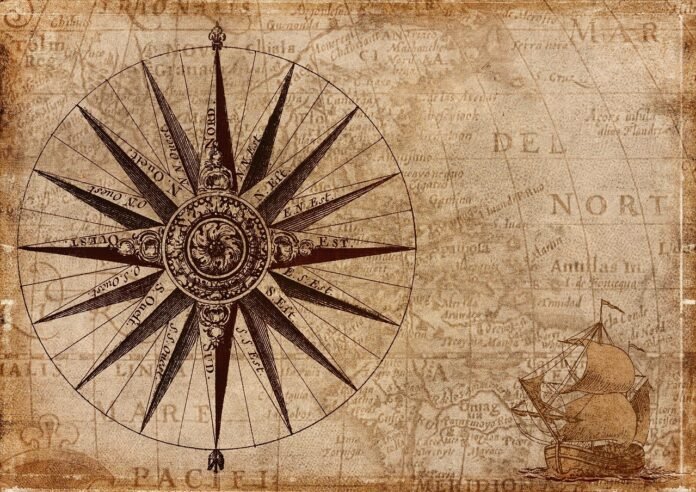July 12th: A Look at History and Milestones
Every date on the calendar carries rich historical events that have shaped our world. July 12th is no exception, as it has witnessed a diverse range of significant occurrences throughout history. From political transformations to battles, cultural milestones, and groundbreaking achievements, this day offers a glimpse into the intricate fabric of our shared past. Join us on a journey through time as we explore some notable events that unfolded on July 12th.
- 1790: The Civil Constitution of the Clergy in France:
On July 12th, 1790, the National Constituent Assembly in France passed the Civil Constitution of the Clergy. This controversial document restructured the Catholic Church, aligning it more closely with the state and significantly altering the balance of power within the church. - 1799: Ranjit Singh’s Rise to Power:
In a momentous turn of events on July 12th, 1799, Ranjit Singh, a brilliant military strategist, conquered Lahore and became the Maharaja of the Punjab, establishing the formidable Sikh Empire. Singh’s leadership united the Sikh people and brought stability to the region. - 1801: The British Navy Triumphs in the Second Battle of Algeciras:
On this day in 1801, British naval forces achieved a decisive victory over Spanish and French ships in the Second Battle of Algeciras. This triumph solidified British dominance in the Mediterranean Sea and showcased their naval prowess. - 1806: The Formation of the Confederation of the Rhine:
Under the influence of Napoleon Bonaparte, Bavaria, Baden, Württemberg, and thirteen other principalities seceded from the Holy Roman Empire on July 12th, 1806. This marked the end of the Empire, which had endured for over eight centuries, and led to the establishment of the Confederation of the Rhine. - 1920: Soviet Recognition of Lithuanian Independence:
The Soviet–Lithuanian Peace Treaty, signed on July 12th, 1920, represented a significant milestone for Lithuania. Soviet Russia recognized Lithuania as an independent nation, affirming its struggle for autonomy following the tumultuous aftermath of World War I. - 1943: The Battle of Prokhorovka:
In a historic clash during World War II, German and Soviet forces engaged in the Battle of Prokhorovka on July 12th, 1943. This immense armored confrontation, ultimately resulting in a Soviet victory, played a crucial role in shifting the momentum of the war. - 1948: Controversial Expulsion in Palestine:
Tragically, on July 12th, 1948, Israeli Prime Minister David Ben-Gurion ordered the expulsion of Palestinians from the towns of Lod and Ramla. This event, marked by the displacement of thousands of Palestinians, remains a somber chapter in the history of Israel. - 1960: Orlyonok Camp Fosters Soviet Youth:
The foundation of Orlyonok, the principal Young Pioneer camp in the Russian SFSR, on July 12th, 1960, held immense significance. Serving as a popular destination for Soviet youth, the camp played a vital role in shaping their identity within the Soviet Union. - 1961: Pune’s Devastating Floods in India:
On this day in 1961, the Indian city of Pune experienced catastrophic floods due to the failure of the Khadakwasla and Panshet dams. These floods claimed the lives of thousands of people and left a trail of destruction, leaving a lasting impact on the region. - 1967: Newark Race Riots:
The eruption of race riots in Newark, New Jersey, on July 12th, 1967, marked a pivotal moment in the civil rights movement in the United States. Triggered by the police shooting of a black man, these riots led to significant unrest and raised important conversations about racial injustice. - 1984: Geraldine Ferraro’s Historic Nomination:
A momentous stride in women’s rights occurred on July 12th, 1984, as Geraldine Ferraro became the first woman to be nominated for vice president by a major party in the United States. Her candidacy as the Democratic Party’s vice presidential candidate was a milestone for gender equality. - 1997: Birth of Malala Yousafzai:
On July 12th, 1997, Malala Yousafzai, a global advocate for girls’ education and the youngest Nobel Peace Prize laureate, was born in Mingora, Pakistan. Her remarkable activism has inspired countless individuals worldwide and highlights the power of education and empowerment.
July 12th encapsulates a profound mosaic of historical events, encompassing political transformations, battles, cultural shifts, and groundbreaking achievements. Each occurrence on this day has left an indelible mark on the world we inhabit today. Reflecting on these significant moments allows us to appreciate the complexities of our shared history, understand our present better, and forge a path towards a brighter future.











